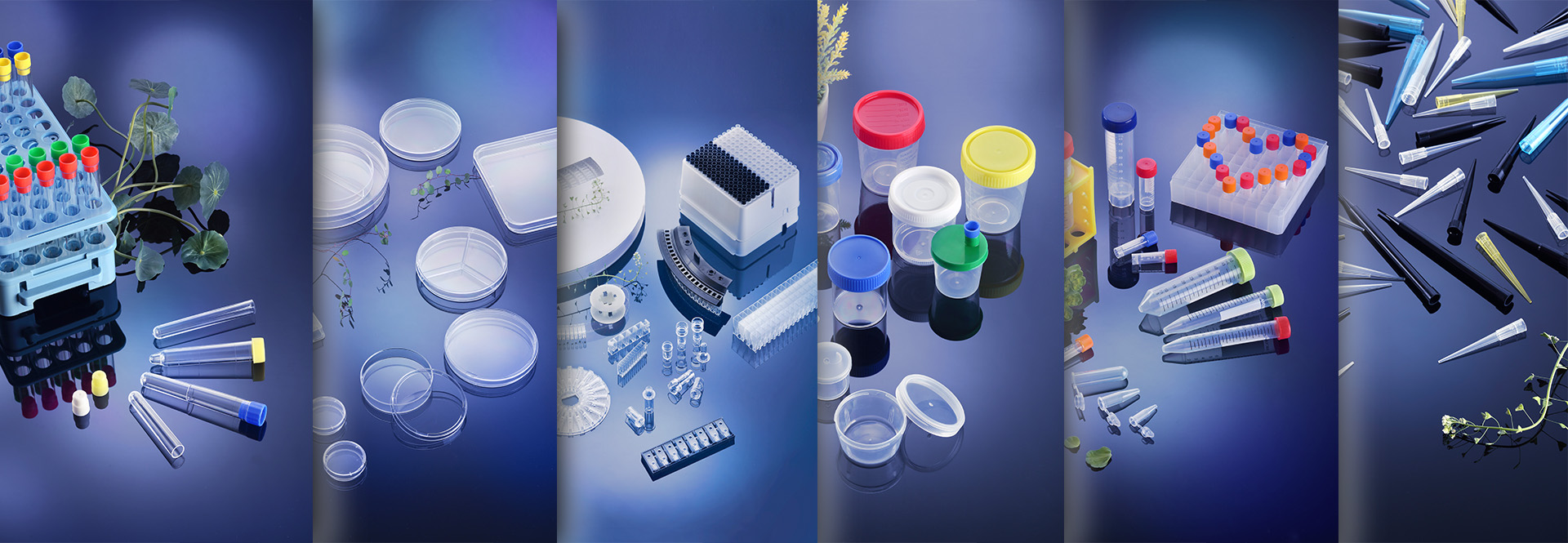Biochemical analyzers have revolutionized clinical diagnostics, providing accurate and efficient analysis for a wide range of medical tests. This article delves into the workings of these advanced laboratory instruments, highlighting their importance in delivering precise results and improving patient care.

Item No | Description | Packing Info. | Qty./Case(pc) | Case Size(cm) |
A31 | Sample Cup for Siemens Biochemical Analyzer | |||
A32 | Tips for Siemens Biochemical Analyzer |
Biochemical analyzers have become an indispensable tool in modern clinical laboratories, streamlining diagnostic testing procedures and delivering accurate results. Understanding the capabilities and optimal utilization of these advanced laboratory instruments is vital for healthcare professionals seeking to provide efficient and reliable patient care.
At its core, a biochemical analyzer automates the process of testing biological samples, such as blood or urine, for various analytes. These analytes may include glucose, electrolytes, liver enzymes, cholesterol, and many more, aiding in the diagnosis and management of a wide range of diseases.
The automation provided by biochemical analyzers offers several advantages. It enables high-throughput testing, saving time and resources while increasing the efficiency of diagnostic laboratories. Additionally, automated analyzers reduce human error and enhance result accuracy, contributing to better patient outcomes.
To effectively utilize a biochemical analyzer, proper calibration and quality control protocols must be followed. Regular maintenance and adherence to manufacturer guidelines ensure the accuracy and reliability of results. Thorough training and proficiency in operating the analyzer are essential for proficient usage and troubleshooting.
Sample handling and preparation play a crucial role in obtaining accurate and consistent results. Proper collection, storage, and handling protocols must be followed to minimize the risk of sample degradation or contamination. Familiarity with specific sample volume requirements, reagent preparation, and aliquoting processes further ensures precise testing.
The result interpretation process is equally important. Healthcare professionals must understand the normal ranges and clinical significance of analytes to make accurate diagnoses and monitoring decisions. Comprehensive reporting, data analysis features, and integration with laboratory information systems aid in result interpretation and data management.
In conclusion, biochemical analyzers have transformed clinical diagnostics, offering automated and accurate testing for a wide range of analytes. Leveraging the benefits of laboratory automation, healthcare professionals can efficiently provide precise diagnoses and monitor patient conditions. By following proper calibration, maintenance, and sample handling protocols, the potential of biochemical analyzers can be fully harnessed, ultimately improving patient care and outcomes.

Contact: Neo
Phone: 008615867460640
E-mail: Info@Hwtai.com
Whatsapp:008615867460640
Add: Building 2, Xinmao Qilu Science Technology Industrial Park, Tianqiao District, Jinan City, Shandong Province,China.
We chat
